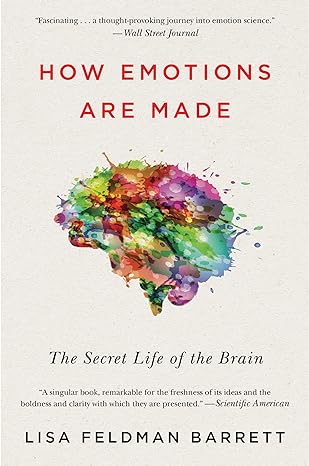
E. M. Cioran confronts the place of today’s world in the context of human history—focusing on such major issues of the twentieth century as human progress, fanaticism, and science—in this nihilistic and witty collection of aphoristic essays concerning the nature of civilization in mid-twentieth-century Europe.
“Only the skeptics (or idlers or aesthetes) escape, because they propose nothing, because they – humanity’s true benefactors – undermine fanaticism’s purposes, analyze its frenzy. I feel safer with a Pyrrho than with a Saint Paul, for a jesting wisdom is gentler than an unbridled sanctity.”
“Injustice governs the universe. Everything which is done and undone there bears the stamp of a filthy fragility, as if matter were the fruit of a scandal at the core of nothingness. Each being feeds on the agony of some other; the moments rush like vampires upon time’s anemia; the world is a receptacle of sobs… In this slaughterhouse, to fold one’s arms or to draw one’s sword are equally vain gestures. No proud frenzy can shake space to its foundations or ennoble men’s souls. Triumphs and failures follow one another according to an unknown law named destiny, a name to which we resort when, philosophically unprovided for, our sojourn here on earth or anywhere seems insoluble to us, a kind of curse to endure, senseless and undeserved. Destiny – favorite word in the vocabulary of the vanquished…”
“Ideologies were invented only to give a luster to the leftover barbarism which has survived down through the ages, to cover up the murderous tendencies common to all men. Today we kill in the name of something; we no longer dare to do so spontaneously; so that the very executioners must invoke motives, and, heroism being obsolete, the man who is tempted by it solves a problem more than he performs a sacrifice. Abstraction has insinuated itself into life – and into death; the “complexes” seize great and small alike. From the Iliad to psychopathology – there you have all of human history.”


